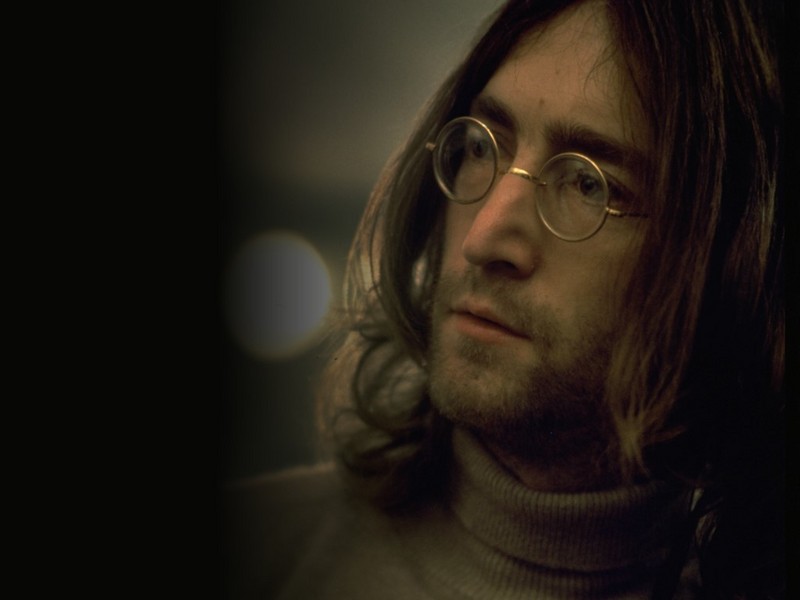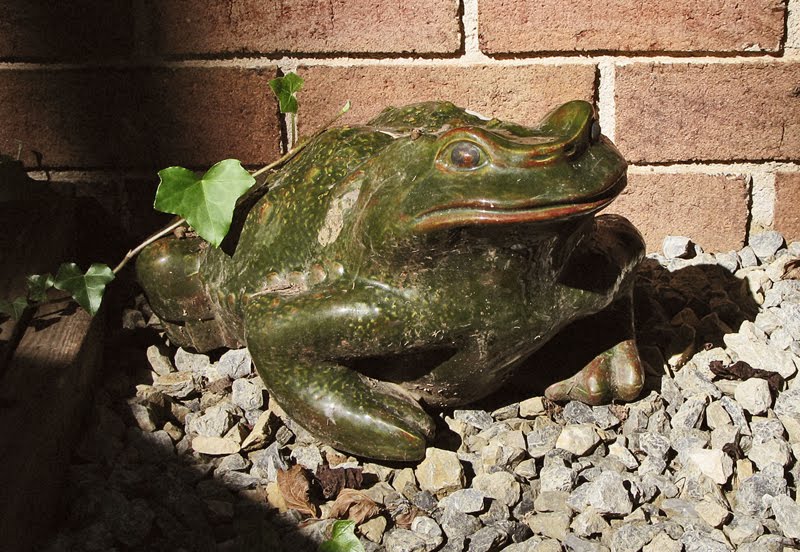
I got home from work last night a little after 10 and booted up my Mac, only to read that Steve Jobs had finally passed away from his pancreatic cancer. This was not unexpected; after all, the man had been ill for years and had recently resigned from his position of CEO of Apple for health reasons. We knew it was coming. Still, it's a sad day, and his death literally exemplifies the old cliché "the end of an era". It truly is.
I've been using Apple computers since the pre-Macintosh days of the Apple II. Yes, children, I'm an old ancient from the days of the Apple II and the Commodore 64 (both of which I've used). Remember the old days of Kinko's, when it was more a funky printer with computers on site so you could design your flyers and pamphlets right there and send them directly to the printer, instead of the soulless corporate giant merged with FedEx that it's become now? Ah, those were the days! And they used Apple computers exclusively; they didn't add Windoze PCs until well into the '90s (at least that's when it happened in Newport). That's where my love affair with Steve Jobs' brainchildren started, and I've never looked back.
And let's not forget that Apple actually fired Jobs back in 1985, only a year after he launched the Macintosh. Steve went on to found NeXT computers, which didn't do so well, and then on to lead and develop Pixar Studios, which did very well indeed. Meanwhile, Apple computers had degenerated into generic beige boxes not much different, except for the Macintosh operating system, from most of the other personal computers on the market.
Jobs came back to Apple when the company bought NeXT in 1996, and by 1998 Jobs was back in the CEO seat. He re-energized the place, ending the generic era and reintroducing creativity, innovation, and uniqueness with the iMac and the new slogan: "Think Different". And from that point Jobs and Apple never looked back. Now, in addition the the regular Apple computers running OS X, we have the iPod, the iPhone, and the iPad, all industry standard-setters.
I've been using the results of his genius since pretty close to the very beginning, and I'm using them still. I'm putting this post together on a Powerbook G4 running OS X 10.5.8. This is borrowed, and when I'm back on my own I'll be working on my eMac again (G4 1.4 GHz processor). I have an iPod Shuffle, and while I don't own an iPhone (only because my wireless carrier doesn't carry them yet), I have an LG Optimus S, which wouldn't exist if the iPhone hadn't been created. And I'm surrounded my Macs here. Mt sister-in-law uses a Powerbook (although my fuddy-duddy brother still uses a Windoze laptop), and there are two iPad 2s here in the house. And when their Verizon contracts end later this year they'll both upgrade to iPhones. And since the new iPhone 4S is now running on the Sprint network, and since my own carrier - CREDO Mobile - uses the Sprint network, I'm sure I'll be upgrading to an iPhone in about a year and a half when it's time to renew my contract.
Added to all that, my late Dad was a dedicated Mac user. What makes that interesting is that he was a microelectronics engineer; he created computer hardware systems for the aerospace industry, including many of the systems used on the Apollo missions. The myth goes that engineers use IBM/clone computers while artistic airhead hippie types use Macs; PCs are for serious computer users while Macs are for dilettantes. Obviously Dad busted that particular myth!
In any case, here are some videos included as a tribute to one of the great innovators of the 20th and 21st centuries, the man who literally changed the way we interact with the world. The first is the great TV commercial announcing the Macintosh in 1984:
And then there's the "Here's to the crazy ones..." to push the "Think Different" campaign; this one moved me profoundly when I first saw it. It still does.

And then after I read about Steve Jobs' passing, I also read about Bert Jansch. For those of you not familiar with the man, he was one of the great guitarists out of Great Britain's folk revival of the '60s and '70s. Born in Scotland, he mastered the finger-style playing style by listening to recordings of Big Bill Broonzy and Brownie McGhee. He teamed up with fellow guitarist John Renbourn for gigs and a record - "Bert and John" - and then added singer Jacqui McShee and formed the group Pentangle, which was the premier group of the British folk revival movement. On his own he was sometimes referred to as the British Bob Dylan. He was a talented man and a great musician, and he'll be sorely missed.
An old girlfriend introduced me to Pentangle back in '74, and I've been a fan ever since. The first video is Pentangle on BBC in 1970. Bert's the acoustic guitarist (John Renbourn plays electric) and the guy who announces the song.
And here's Bert on his own in 2008 with "High Days". Goodbye Bert; we'll miss you!
Text © 2011 by A. Roy Hilbinger























































































